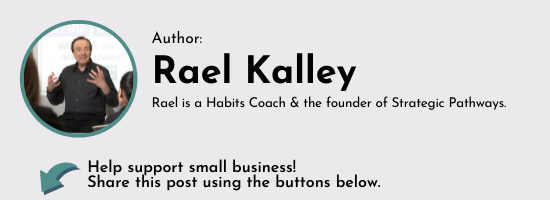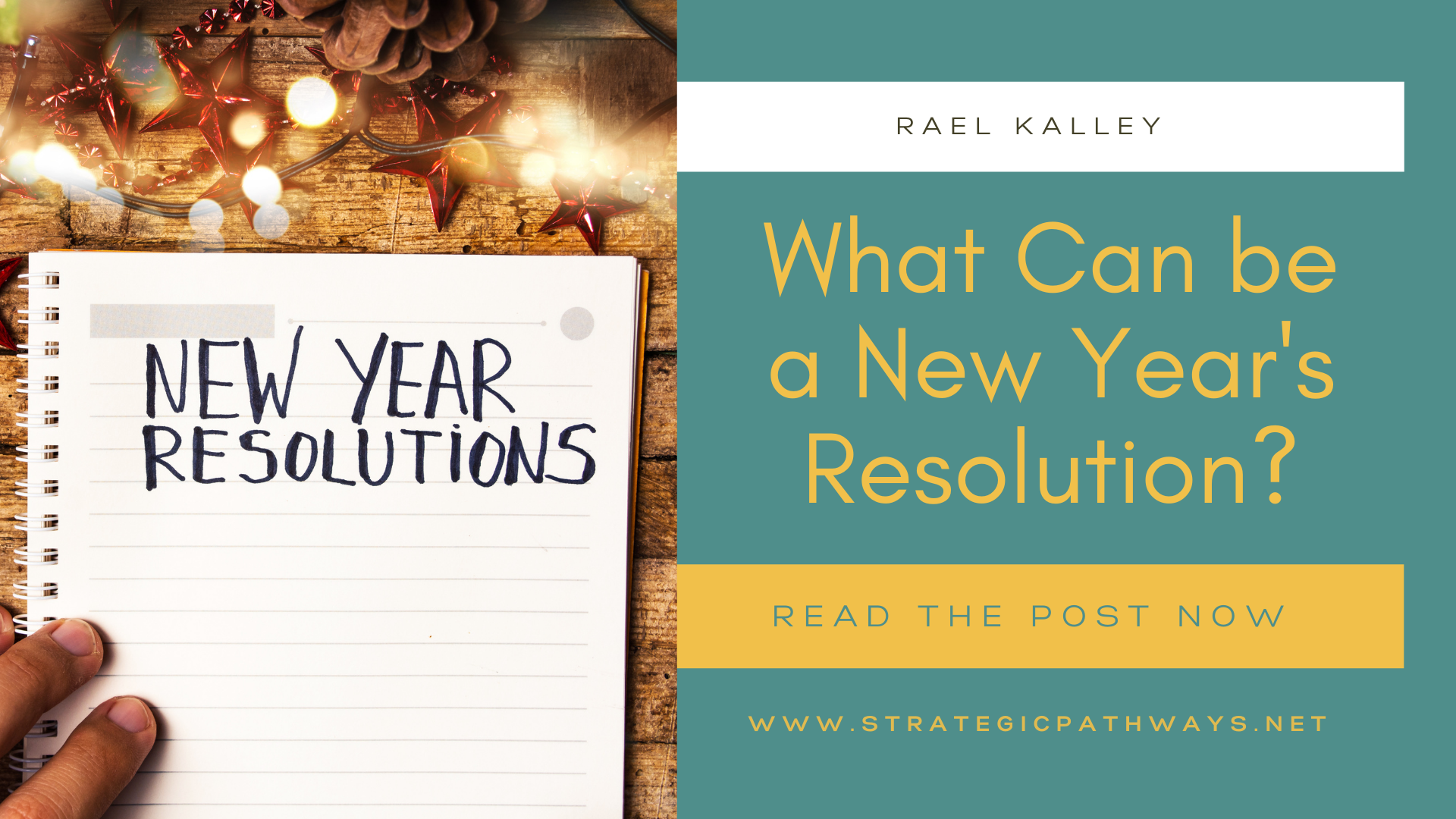It’s the time of year where many people are busy setting those annual goals we like to call a New Year’s Resolution. I’ve written many, many, many times about how most of us abandon resolutions within hours of the ball dropping.
Instead of setting a lofty goal and giving up when the going gets tough, it’s always my recommendation to work on changing your beliefs, which always underpins any real change.
You Are What You Believe
An example of this I often use with clients happened a couple of years ago when most meetings took place in a conference room, not via Zoom.
I was working with a manager in a large downtown energy company who, with much rolling of his eyes, told me of a meeting he was required to attend later that morning at which his division vice-president was going review results from Q4 the previous year, and unveil the goals and plans for the upcoming year.
He told me this meeting – an annual event – was an incredible waste of time. He didn’t appreciate what he viewed as insincere thanks, overinflated promises and supposed changes that create extra work but no lasting effects.
On The Other Hand
A couple of days later, I ran into someone else I know well downtown. He apologized for not having much time to chat because he was on his way to a meeting he was looking forward to.
He hurriedly explained that the meeting was to review results for the previous year and unveil his organization’s plans for the next year.
It was the only meeting he actually looked forward to each year. He truly appreciated the vice-president taking the time to sincerely thank all of his managers for a job well done, and he felt motivated to learn about the innovative changes for the new year that the VP always outlined at these meetings.
He apologized again for having to run off and then headed off to the big meeting.
The next time I met up with my first friend, I asked about his meeting. He gave an eye roll and told me that the meeting was exactly as he had predicted.
The VP rambled on and on about the past year’s results. He muttered his usual thanks with all the sincerity of a politician telling his constituents that he is there to serve the people, and then wasted an inordinate amount of time going on about changes for the next year that everyone knew was just a bunch of baloney.
“I told you it was going to be a waste of time,” he said, “and I was right.”
A few days later I had a call booked with friend #2. I asked, “So, how was the meeting the other day?”
His answer was upbeat and enthusiastic.
“It was fantastic. We all worked incredibly hard this year, and the VP went to great lengths to thank us for our effort. He went out of his way to heap lavish praise on all of us and not a single person in the room doubted his sincerity. He’s a great guy who genuinely appreciates his folks and we all felt like a million bucks.”
Here’s the twist, though…
It’s About Perspective
Did I mention that friends one and two are colleagues and peers both working at the same company? Both men were talking about the same meeting.
How could the same meeting leave two people with such different perspectives?
The answer is simple. Their responses had nothing to do with the meeting itself. They had to do with their beliefs about what the meeting would be like.
They used a powerful technique called “creating your own reality.”
We all do it, every day.
It works like this.
- You think of something pending in your future.
- You consider how that event is likely to unfold.
- You choose how you feel about that.
- You practice that feeling each time you think about it.
- The event happens.
- Voila! You were right.
You have successfully predicted the future.
This is immensely powerful if you think about it. Our future is being formed by our thoughts and feelings right now. You likely have examples of this in your own life.
You don’t like someone, and they engage in the very behaviour that made you not like them. You watch a movie in a genre you don’t care for, and find that you don’t like the movie. You expect a test to be difficult, and you do poorly.
Our thoughts, beliefs and expectations are powerful predictors of how things actually turn out. So why not program yourself for enjoyment, happiness and success.
(Click to Tweet)
By expecting good things, we dramatically increase our likelihood to experience good things. Why not create a future that excites and inspires us? Much more than any New Year’s Resolution, this mindset shift can deliver real results.
Till we read again.


